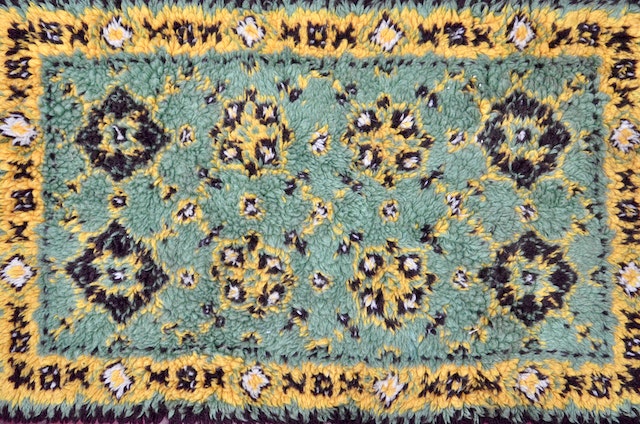
Beliefs in spiritual beings and forces
what religion are native american
Let's talk about beliefs in spiritual beings and forces in Native American religions. (Contrary to popular belief), Native American religions are not all the same - there are many different tribes with their own unique beliefs and practices. (It's important to recognize) that these beliefs are deeply rooted in the natural world, with a strong emphasis on living in harmony with nature.
In many Native American traditions, there is a belief in supernatural beings such as spirits, deities, and ancestors who play a significant role in daily life. These beings are often seen as powerful forces that can influence the physical world and guide individuals on their spiritual journeys.
(One interesting aspect) of Native American spirituality is the concept of animism, which is the belief that everything in nature has a soul or spirit. This includes animals, plants, rocks, and even elements like wind and fire. (It's fascinating how) this perspective shapes their relationship with the natural world, leading to practices like animal totems and ceremonies to honor the Earth.
While some may view these beliefs as primitive or superstition, (it's crucial to understand) that they are an integral part of Native American culture and identity. These traditions have been passed down for generations and continue to be practiced by many Indigenous communities today.
In conclusion, beliefs in spiritual beings and forces play a vital role in Native American religions, shaping their worldview and connection to the natural world. (Let's strive) to respect and appreciate these diverse traditions for their richness and depth.


